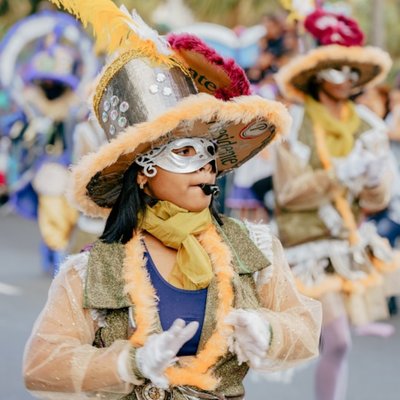El Mapa de Necesidades Básicas Insatisfechas de 1993 empadronó 4.427.517 viviendas ocupadas por 4.762.779 familias: el déficit habitacional aumentó ligeramente, llegando a 335.262 familias, 7,6%. | The Map of Unsatisfied Basic Needs of 1993 registered 4,427, 517 houses occupied by 4,762,779 families: the housing deficit grew slightly, reaching 335,266 families, i.e. 7.6%. |
Las próximas elecciones municipales, cuya fecha de realización ha sido fijada para el día 28 de octubre, constituirán una buena oportunidad para que el casi millón de personas que se empadronó comprenda el valor que tiene la participación plena en la vida democrática. | The upcoming municipal elections, scheduled for 28 October, will mark a good opportunity for the almost 1 million people who are registered voters to understand the value of full participation in democratic life. |
Por ejemplo, en el censo de 2000 de los Estados Unidos se empadronó a unos 8,5 millones de migrantes indocumentados (Passel, 2002), y datos más recientes muestran que la cifra probablemente había aumentado a 10,3 millones para 2005 (Passel, 2005). | The 2000 census of the United States, for instance, enumerated an estimated 8.5 million undocumented migrants (Passel, 2002) and more recent data show that that figure had likely increased to 10.3 million by 2005 (Passel, 2005). |
Se empadronó, se informó acerca de la próxima elección primaria, y el día de elección ahí estaba no solo para repartir calcomanías sino para conversar con los votantes y animar a la gente a votar y hablar de las elecciones con los transeúntes. | He got himself registered, and then he got educated about the upcoming primary election, and on election day he was out there not just passing out stickers, but chatting up voters and encouraging people to vote, and talking about the election with passersby. |
Pues, el Profesor Emilio Solanet empadronó de manera exhaustiva todas estas palabras caracterizando el caballo Criollo y se esforzó en precisar su definición. | So, Professor Solanet composed an exhaustive list of words characterizing the Criollo horse and applied himself to the precision of their definitions. |
El 16 de octubre de 2006, la Comisión Electoral Independiente (CEI) indicó que, para las elecciones (presidenciales, legislativas, provinciales) empadronó e inscribió a 25.603.079 electores de todo el país. | On 16 October 2006, the Independent Electoral Commission (CEI) announced that for the scheduled elections (presidential, legislative and provincial) it had compiled and registered a list of 25,603,079 voters throughout the country. |
Resultados posibles:
empadronó
empadrono
Palabra al azar
¡Tirar los dados y aprender una palabra nueva ahora!
¿Quieres aprender inglés?
¡Aprende inglés gratis!
Palabra del día
inglés.com es el diccionario, traductor y sitio web de aprendizaje inglés-español más popular del mundo.
El Dictionary Media Group de IXL Learning llega a más de 500,000,000 estudiantes cada año.
Copyright © 2026 Dictionary Media Group, Inc., una división de IXL Learning • Todos los derechos reservados.















